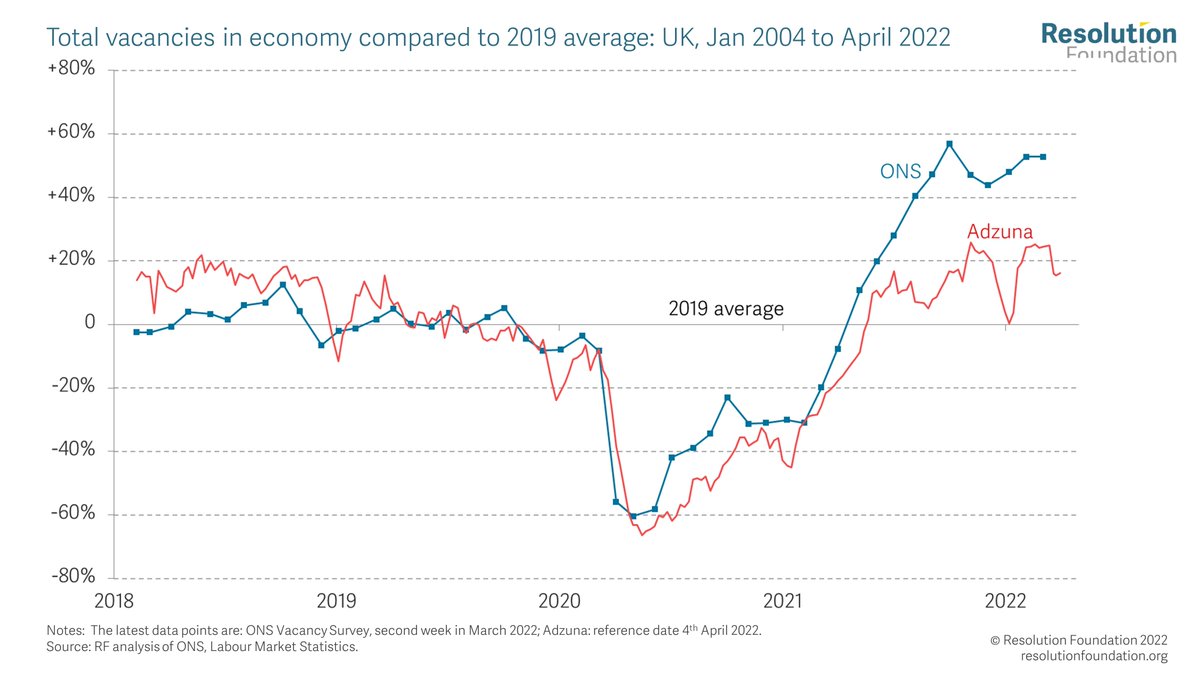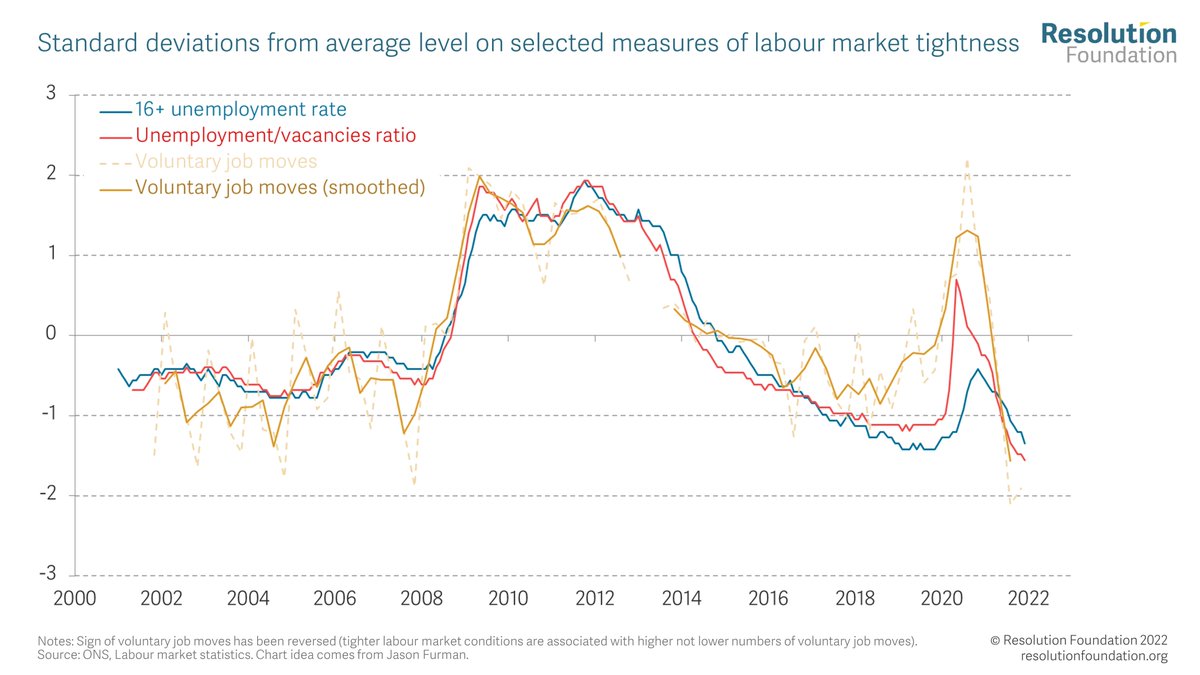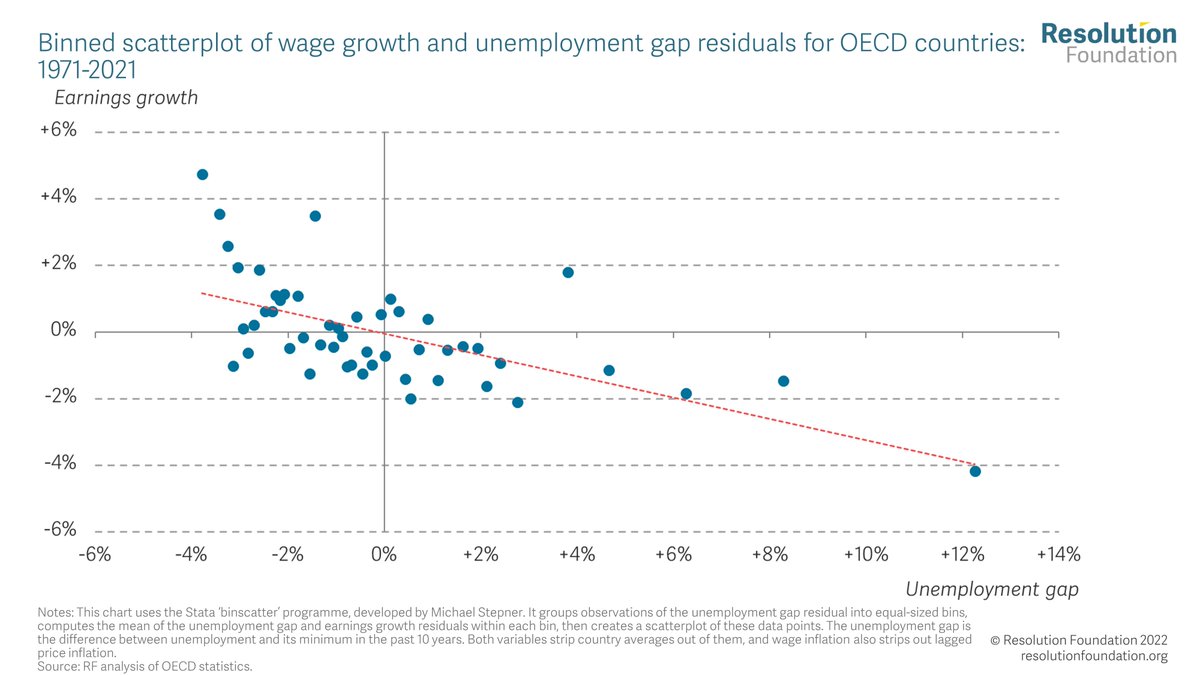
The framing for the #QueensSpeech is an agenda "to grow and strengthen the economy and help ease the cost of living for families." That's the right focus, and here's a thread explaining the scale of the challenge. Whether these Bills actually fit that focus is another question...
First, we clearly need stronger economic growth. Over the past decade, the economic performance of advanced economies has been poor, and particularly so for the UK. We are falling further behind the US, France and Germany.... 

Second, the economic stagnation we've experienced has led to a lack of real wage growth. By the end of this parliament, average earnings are forecast to be just £2 a week higher than they were before the financial crisis. 

Third, this all amounts to a terrible parliament for living standards (as measured by real household disposable incomes). The worst parliament on record in fact. This has to be turned around... 

To do that, the UK needs a new economic strategy that deals with the economic challenges of the 2020s (ie net zero) as well as ongoing economic challenges (ie stagnation). At present the Government - or indeed of the major political parties - lacks that overall economic strategy.
What a new economic strategy for the 2020s should look like is the key task of our ongoing Economy2030 Inquiry with @CEP_LSE & funded by @NuffieldFound . Report #18 of the Inquiry coming out tomorrow, with lots more to come... economy2030.resolutionfoundation.org
• • •
Missing some Tweet in this thread? You can try to
force a refresh














